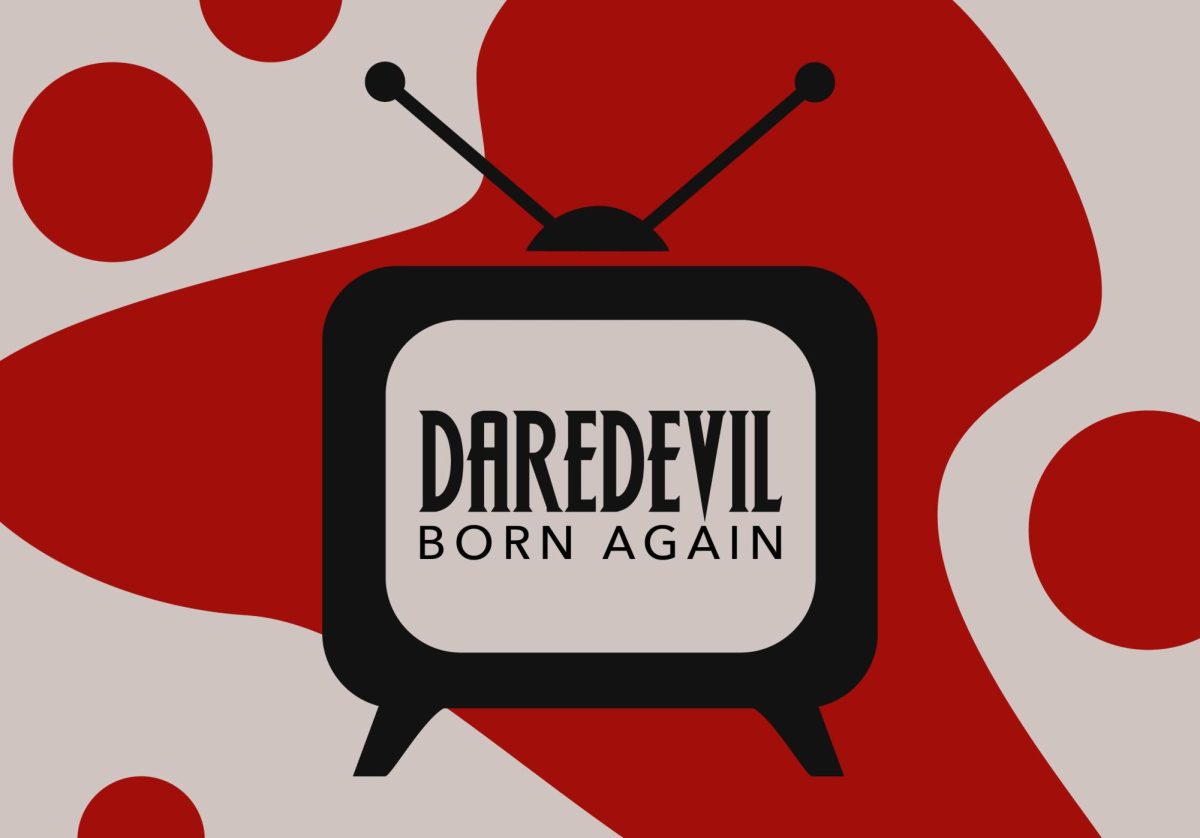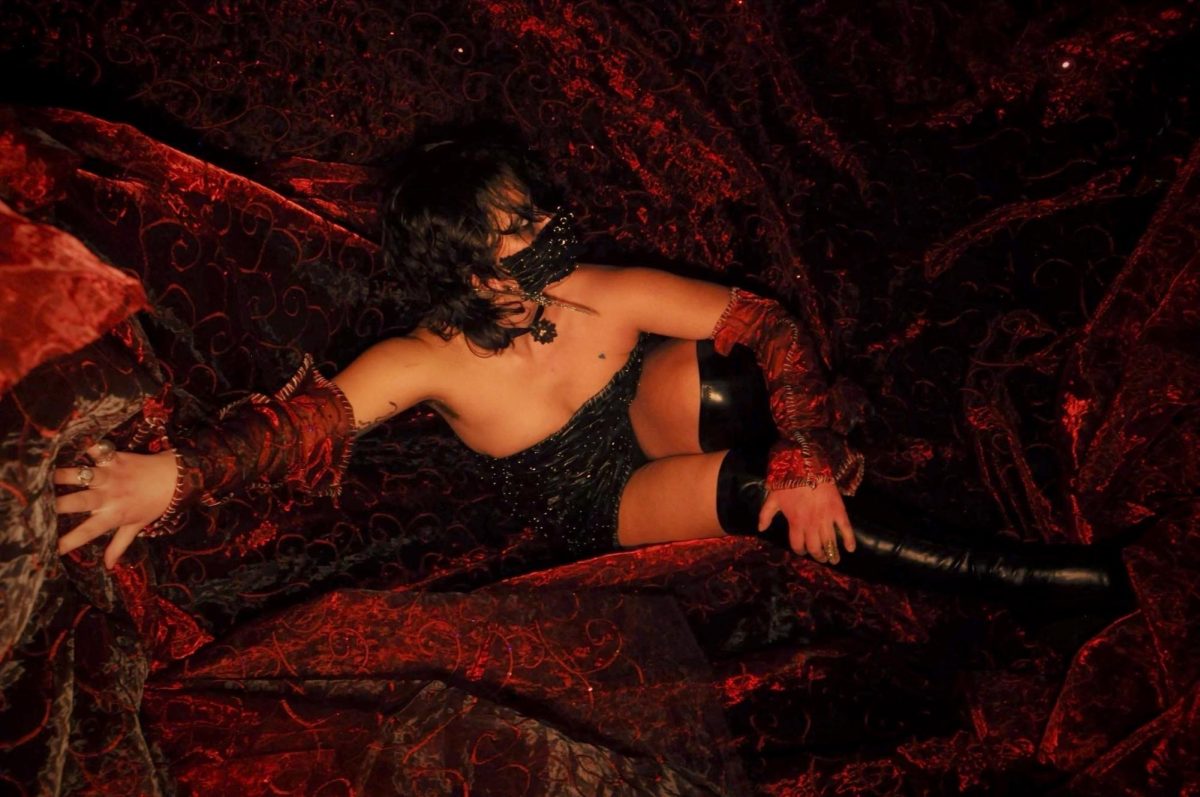In the Main Room of First Avenue on Thursday nights, the dance floor slowly fills with close-moving couples doing striking, emotional and intricate steps to a spicy salsa beat.
From the windows in the club’s hip-hop-blaring VIP section on the second floor that overlooks the black-and-white checkered floor of the Main Room, the dancers look oddly out of place amidst the brain-rattling bass.
Then, DJ Verb X switches the record to something that sounds a little hip-hop, a little reggae and a little Latino. The dancing downstairs doesn’t clash with the background music anymore and harmony is restored.
A different kind of intimidating and lust-charged dancing is going down. It’s called el perreo, similar to the Spanish word for dog (el perro), and resembles two dogs gettin’ busy.
The dirty dancing is sparked by reggaeton, a fusion of hip-hop and reggae dancehall beats with Spanish lyrics.
“Reggaeton is basically an offshoot of reggae. What they’re using is old reggae beats and adding in an extra clap or extra snare,” Verb X said.
First Avenue’s The Bungalow is Minnesota’s longest-running hip-hop, reggae and reggaeton club night, according to Verb X. The blend of music makes sense, he said, when you look at the musical roots of each sound.
“Hip-hop was spawned off reggae. A lot of cats who lived in New York were from the islands, so they got into dancehall. I think they really mirror each other and build off each other too,” he said.
Maria Isa, a local reggaeton musician, sees the connection between the different musical paths but insists that reggaeton is also different than hip-hop.
“It’s a different culture than hip-hop. The shared element (for me) is being an emcee but I don’t see what I’m doing as hip-hop. I got into (reggaeton) through bomba, folkloric music of Puerto Rico,” she said.
The music, which has existed in earnest since the 1990s, is only now gaining mainstream popularity with the success of groups like Daddy Yankee, N.O.R.E. and Nina Sky.
This is only the polished, formulaic “pop” version of the genre, local musicians like Verb X and Isa insist.
“The stuff that’s out now really sucks. There’s not really a lot of good reggaeton. I think, like with most musical forms, people find a cookie cutter approach to it and start putting that out there,” said Verb X.
Isa, one of the only local female reggaeton artists, is known on the local scene for pushing the envelope of the quintessential reggaeton sound.
“People are complaining that (all reggaeton) sounds the same. Right now, I like the people who are switching (the sound) up. That’s a lot of what you’ll hear from me, trying to switch it up,” she said.
Isa is happy to see reggaeton artists having mainstream success, radio play and record deals but worries that new fans will not know the history of the music. Her main goal, she explains, is to use her music as a platform to educate mainstream America about her Puerto Rican culture and musical background.
“(Reggaeton is) being played in the suburbs, which is funny. You see the Latinos bumping it and then you see the white kids bumping it too. It’s bringing cultures together but the white people need to understand that reggaeton has been here and there is a whole culture behind it. They need to dig into the roots,” Isa said.







